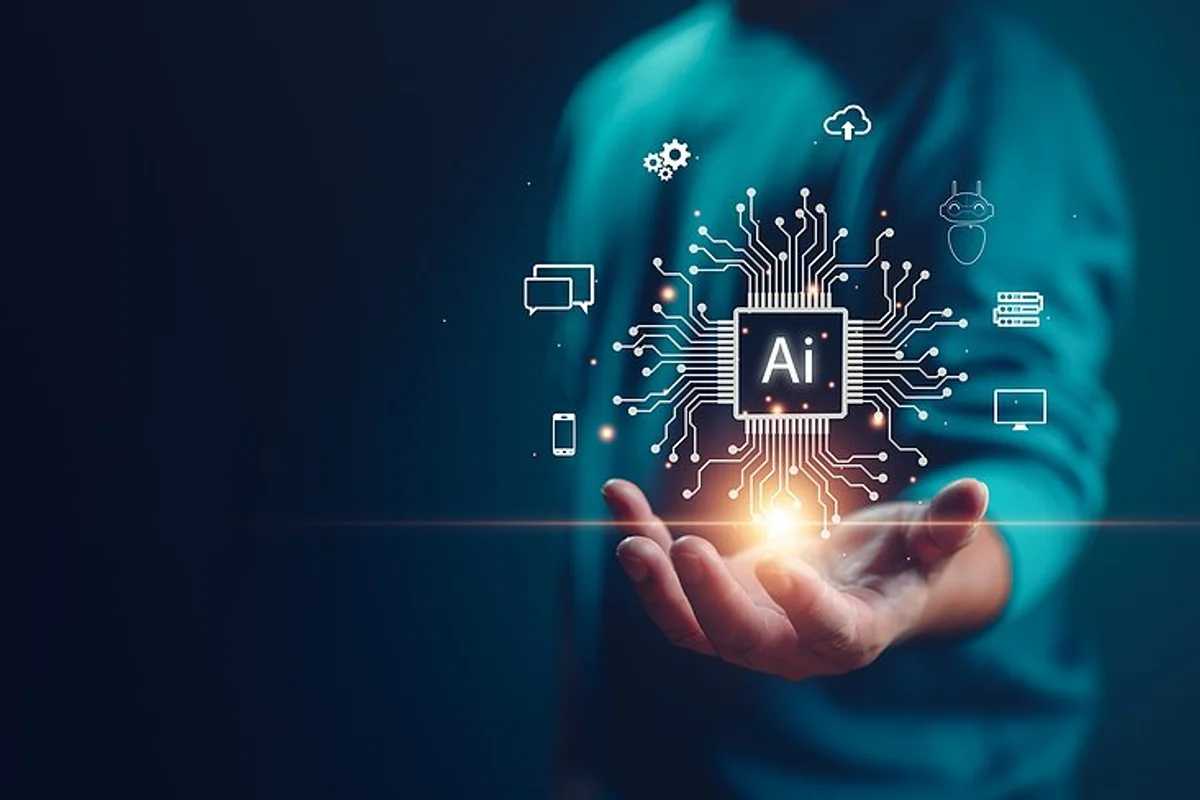The Future of AI: Transforming Our World Beyond Imagination
Introduction
Artificial Intelligence (AI) has already made significant strides in reshaping industries and influencing our daily lives. From virtual assistants and smart home devices to advanced medical diagnostics and autonomous vehicles, AI's impact is undeniable. But what does the future hold for AI? This blog explores the potential advancements and implications of AI in the coming years.
Enhanced Personalization
AI is set to revolutionize personalization across various sectors. In the future, AI algorithms will analyze vast amounts of data to understand individual preferences and behaviors better than ever before. This will lead to hyper-personalized experiences in areas such as marketing, entertainment, and healthcare, where products and services will be tailored to meet the unique needs of each user.
Healthcare Revolution
AI's potential to transform healthcare is immense. Future AI systems will offer more accurate and timely diagnoses by analyzing medical records, genetic information, and real-time health data. Predictive analytics will enable early detection of diseases, while AI-powered robotic surgeries will increase precision and reduce recovery times. Personalized treatment plans, based on an individual's genetic makeup and lifestyle, will become the norm, improving patient outcomes and reducing healthcare costs.
Autonomous Systems
The development of autonomous systems, including self-driving cars, drones, and robots, will accelerate. These systems will rely on advanced AI algorithms to navigate complex environments, make real-time decisions, and perform tasks with minimal human intervention. Autonomous vehicles, for example, will revolutionize transportation by reducing accidents, easing traffic congestion, and providing mobility solutions for those unable to drive.
Workforce Transformation
AI will significantly impact the job market, automating routine tasks and augmenting human capabilities. While some jobs may become obsolete, new opportunities will emerge in fields such as AI development, data analysis, and AI ethics. The future workforce will require a blend of technical skills and creativity, with an emphasis on lifelong learning to adapt to the rapidly evolving AI landscape.
Ethical Considerations
As AI becomes more pervasive, ethical considerations will take center stage. Issues such as data privacy, algorithmic bias, and the potential misuse of AI technologies will require robust regulatory frameworks and ethical guidelines. The development of explainable AI, which allows users to understand how AI systems make decisions, will be crucial in building trust and ensuring accountability.
AI in Education
Education will undergo a significant transformation with the integration of AI. Intelligent tutoring systems will provide personalized learning experiences, adapting to each student's strengths and weaknesses. AI will also enable more efficient administrative processes, allowing educators to focus on teaching and mentoring. Lifelong learning platforms powered by AI will ensure individuals can continuously update their skills in a rapidly changing job market.
Environmental Impact
AI has the potential to address some of the most pressing environmental challenges. Advanced AI models can optimize energy consumption, reduce waste, and improve resource management. In agriculture, AI-powered systems will enhance crop yields, monitor soil health, and predict weather patterns, contributing to sustainable farming practices. AI will also play a crucial role in climate modeling, helping us understand and mitigate the impacts of climate change.
Human-AI Collaboration
The future will see a closer collaboration between humans and AI. Rather than replacing humans, AI will augment human capabilities, enabling us to tackle complex problems more effectively. This symbiotic relationship will be evident in fields such as creative arts, scientific research, and problem-solving, where AI will act as a powerful tool for innovation and discovery.
Conclusion
The future of AI holds incredible promise, with the potential to transform industries, improve our quality of life, and address global challenges. However, realizing this potential will require careful consideration of ethical implications, robust regulatory frameworks, and a commitment to harnessing AI for the greater good. As we stand on the cusp of this new era, the possibilities are limited only by our imagination and our ability to responsibly navigate the complexities of AI.
Feel free to share your thoughts or ask for more information on any specific aspect of the future of AI!


